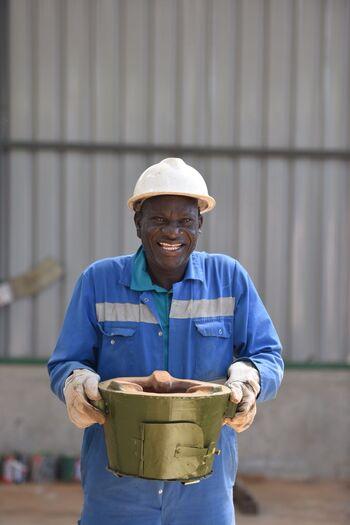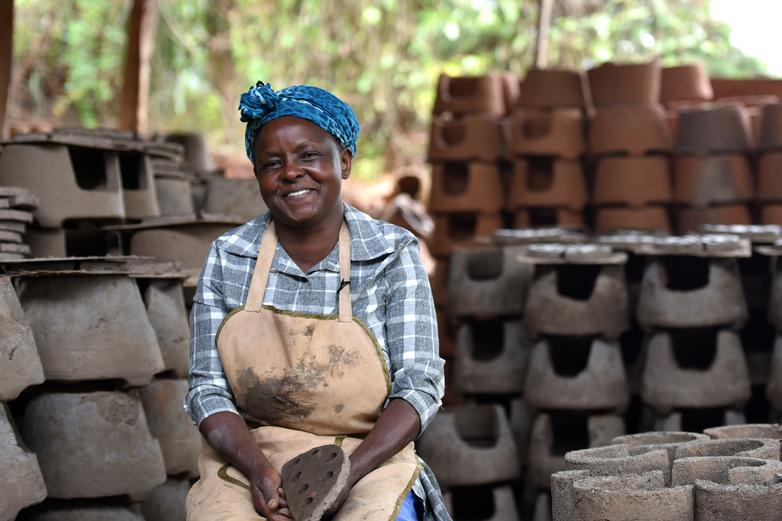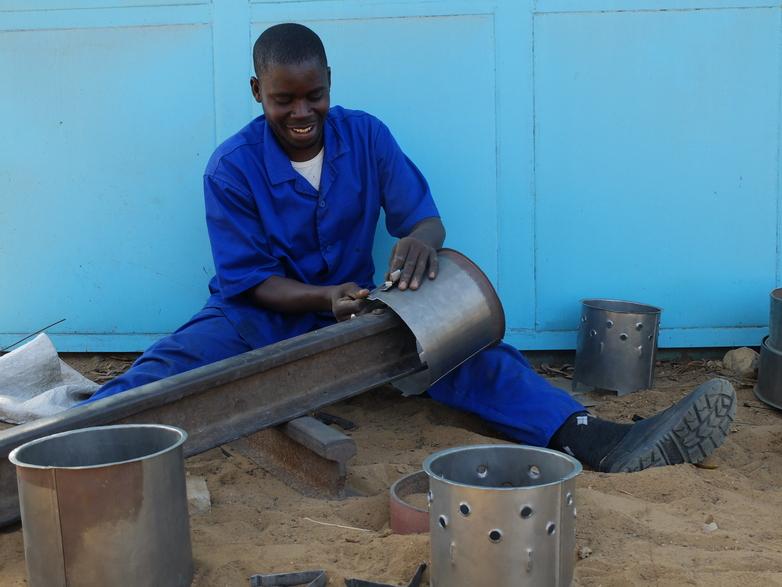Context
Traditional biomass accounts for approximately 15 per cent of total global energy use and helps to meet the daily cooking needs of approximately 2.5 billion people. The Intergovernmental Panel on Climate Change (IPCC) estimates that replacing traditional open fires with improved cooking stoves has the potential to reduce global greenhouse gas emissions by between 0.6 and 2.4 gigatonnes of CO2 equivalent per year. At the same time, the use of these better cooking techniques has numerous other positive effects, such as health benefits.
Objective
The market for efficient cooking technologies is promoted by strengthening manufacturers and encouraging the use of their products. This helps reduce greenhouse gas emissions, which will allow Kenya and Senegal to achieve their Nationally Determined Contributions (NDCs) in the energy sector.



